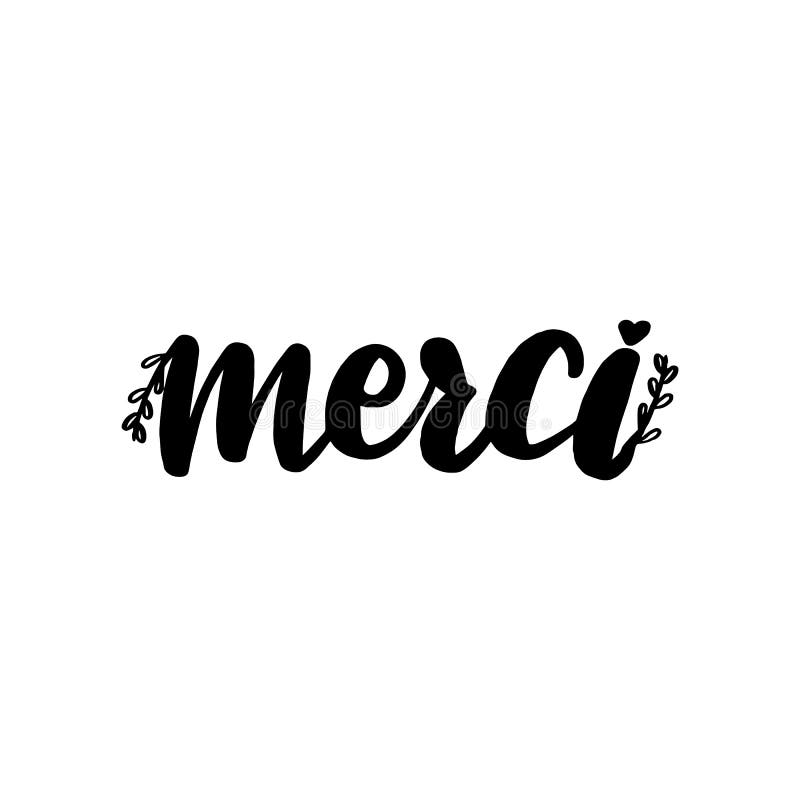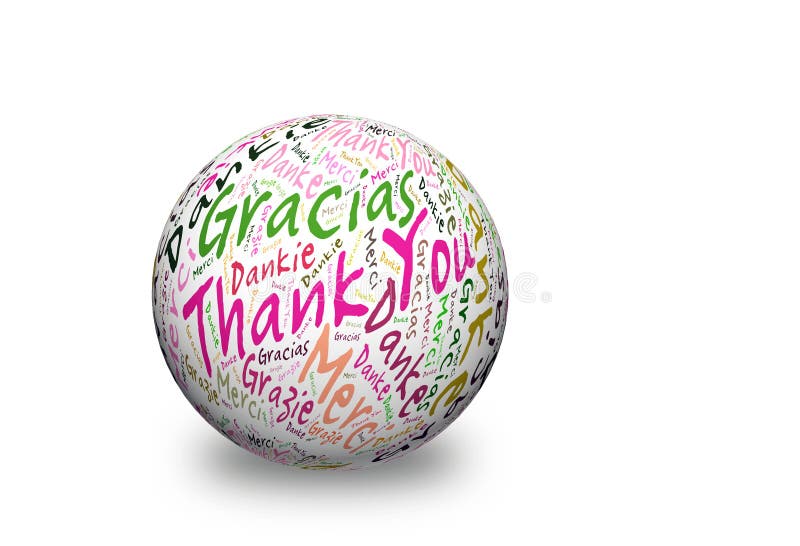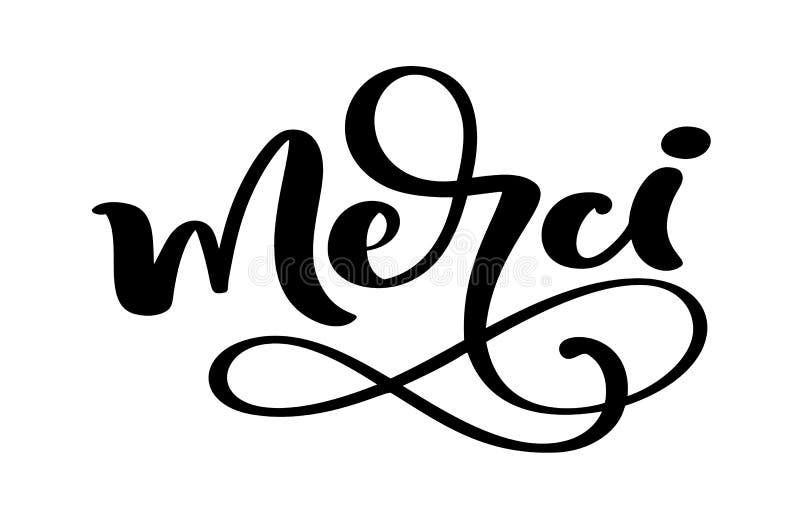How To Say "Merci" In Polish: A Comprehensive Guide For Everyday Conversations
Imagine walking into a local café in Warsaw or Krakow, ordering a coffee, and wanting to express your gratitude like a true Pole. Well, saying "merci en polonais" might sound fancy, but it's actually pretty simple! If you're wondering how to say "thank you" in Polish, you're in the right place. This article will teach you everything you need to know about expressing gratitude in Polish, whether you're traveling, learning the language, or just curious. So, let's dive in and make some new friends with these essential Polish phrases!
Sometimes, a simple "thank you" can bridge cultural gaps and create meaningful connections. Whether you're meeting new people, visiting Poland, or just brushing up on your language skills, knowing how to say "merci en polonais" can make all the difference. Polish is a fascinating language, and while it may seem intimidating at first, it's packed with rich expressions that will make your interactions more meaningful.
By the end of this guide, you'll not only know how to say "thank you" in Polish but also understand the nuances of Polish culture and how gratitude is expressed in everyday life. So, let's get started and make your next conversation in Poland a memorable one!
- Discover The Hidden Gem La Villa De Littleangel
- Unveiling The Thrills Of Tn Atlanta A Deep Dive Into The Heart Of Southern Charm
Here’s a quick table of contents to help you navigate:
- Introduction to Polish Language
- Basic Polish Phrases
- How to Say "Merci" in Polish
- Polish Culture and Gratitude
- Formal vs Informal Expressions
- Common Mistakes to Avoid
- Polish Dialects and Variations
- Using "Dziękuję" in Context
- A Quick Look at Polish Grammar
- Final Thoughts and Call to Action
Introduction to the Polish Language
Polish, or "język polski," is the official language of Poland and one of the Slavic languages. Spoken by over 40 million people worldwide, it’s a language with a rich history and a unique set of rules. While it might sound complex with its nasal vowels and tricky consonants, Polish is full of beautiful expressions that reflect the country's rich cultural heritage.
Learning Polish can seem daunting, but don’t worry! Like any language, it’s all about practice and understanding the basics. And when it comes to saying "merci en polonais," you’ll find that it’s actually quite straightforward. The most common way to say "thank you" in Polish is "dziękuję" (pronounced roughly as zhen-geh-yeh).
- Unveiling The Latest Trends In Bokepterbaru 2024 Ndash What You Need To Know
- Ad Laurent Carla Vyx The Rising Star In The Digital Era
Let’s break it down further in the next section, where we’ll explore some basic Polish phrases that will help you get started.
Basic Polish Phrases You Should Know
Before we dive deeper into how to say "thank you" in Polish, let’s cover some basic phrases that will come in handy during your travels or conversations. Here are a few essentials:
- Hello – Cześć (cheshch)
- Goodbye – Do widzenia (doh vee-DZEH-nah)
- Yes – Tak (tak)
- No – Nie (nyeh)
- Please – Proszę (proh-sheh)
These phrases are the building blocks of any conversation in Polish. Now, let’s focus on the main reason you’re here: how to say "merci en polonais" or "thank you" in Polish.
How to Say "Merci" in Polish
The most common way to say "thank you" in Polish is Dziękuję . But did you know there are different ways to express gratitude depending on the situation? Let’s take a closer look:
Dziękuję vs. Dziękuję Ci
Dziękuję is the standard way to say "thank you" in Polish. It’s polite and works in most situations. However, if you want to make it more personal, you can say Dziękuję Ci, which translates to "thank you to you" and is often used in informal settings.
For example:
- When someone holds the door for you: Dziękuję!
- When a friend helps you out: Dziękuję Ci!
Polish Culture and Gratitude
In Polish culture, expressing gratitude is an important part of daily life. Whether it’s a simple nod or a heartfelt "dziękuję," showing appreciation is deeply ingrained in social interactions. Poles are known for their warmth and hospitality, and saying "thank you" is a great way to show respect and build relationships.
For instance, during family gatherings or festive occasions, gratitude is often expressed through heartfelt speeches and toasts. It’s not just about the words but also the intention behind them. So, if you’re visiting Poland, make sure to express your gratitude often—it will definitely be appreciated!
Formal vs Informal Expressions
Like many languages, Polish has formal and informal ways of expressing gratitude. Here’s a quick breakdown:
Formal Expressions
When speaking to someone older or in a professional setting, you’ll want to use formal expressions:
- Dziękuję Panu/Pani – Thank you, sir/madam
- Dziękuję bardzo – Thank you very much
Informal Expressions
For friends, family, or casual acquaintances, you can use more relaxed expressions:
- Dzięki – Thanks (casual)
- Dzięki Ci – Thanks to you (informal)
Remember, context matters! Using the right expression can make your communication more effective and respectful.
Common Mistakes to Avoid
Learning a new language comes with its challenges, and Polish is no exception. Here are a few common mistakes to watch out for when saying "thank you" in Polish:
- Pronunciation: The "ń" in "dziękuję" can be tricky. It’s pronounced like the "ny" in "canyon." Practice saying it slowly until you get it right.
- Formality: Using informal expressions in formal settings might come off as disrespectful. Always consider the context before choosing your words.
- Grammar: Polish grammar can be complex, especially when it comes to conjugations. Stick to the basic phrases until you’re more comfortable with the language.
Don’t worry if you make mistakes—it’s all part of the learning process. The important thing is to keep practicing and have fun with it!
Polish Dialects and Variations
Did you know that Polish has several dialects? While Standard Polish is widely understood and used in official settings, regional dialects can vary significantly in pronunciation and vocabulary. Here are a few examples:
Silesian Dialect
Spoken in the Silesia region, this dialect has its own unique expressions. For instance, instead of "dziękuję," you might hear "dziekuje" (without the diacritical marks).
Cassubian Dialect
Found in the northern part of Poland, this dialect has some distinct features. While the basic phrases are similar, the intonation and word order might differ.
Understanding these variations can give you a deeper appreciation of the diversity within the Polish language. However, as a beginner, sticking to Standard Polish is usually the safest bet.
Using "Dziękuję" in Context
Now that you know how to say "thank you" in Polish, let’s see how it works in real-life situations:
At a Restaurant
After a delicious meal, you can express your gratitude by saying:
- "Dziękuję za dobry posiłek" – Thank you for the good meal
Shopping
When the cashier hands you your purchase, you can say:
- "Dziękuję" – Thank you
On the Street
If someone gives you directions, you can respond with:
- "Dzięki, bardzo Ci dziękuję" – Thanks, I really appreciate it
Using these phrases in context will make your interactions more natural and meaningful.
A Quick Look at Polish Grammar
While this article focuses on practical phrases, it’s worth mentioning that Polish grammar can be quite complex. The language has seven cases, each with its own set of endings, and verbs conjugate based on gender and number. However, as a beginner, you don’t need to worry too much about these details.
For example, the verb "dziękować" (to thank) changes depending on the subject:
- I thank – Dziękuję
- You thank – Dziękujesz
- He/she thanks – Dziękuje
As you become more familiar with the language, you can dive deeper into these grammatical nuances. But for now, focus on building your vocabulary and confidence in using basic phrases.
Final Thoughts and Call to Action
Saying "merci en polonais" or "thank you" in Polish is not only about learning a new phrase—it’s about connecting with people and showing appreciation in a meaningful way. Whether you’re traveling to Poland, learning the language, or simply expanding your cultural knowledge, knowing how to express gratitude in Polish can enhance your experiences.
So, what’s next? Here are a few suggestions:
- Practice saying "dziękuję" with friends or language partners.
- Explore more Polish phrases and expand your vocabulary.
- Share this article with others who might find it helpful.
Remember, language learning is a journey, and every step you take brings you closer to fluency. So, keep exploring, keep practicing, and most importantly, have fun with it!
And if you enjoyed this article, don’t forget to leave a comment or check out our other language guides. Happy learning, and dziękuję for reading!



Detail Author:
- Name : Fritz Runte
- Username : alphonso.jones
- Email : sammy47@altenwerth.info
- Birthdate : 1995-03-27
- Address : 170 Braun Keys Sallybury, MA 47503
- Phone : (308) 397-1900
- Company : Leuschke, Herman and Parisian
- Job : Coroner
- Bio : Assumenda iste error ratione qui voluptatum. Optio natus quia consequatur similique.
Socials
tiktok:
- url : https://tiktok.com/@meredith5117
- username : meredith5117
- bio : Repellendus eum est sit. Qui dolor optio ipsum blanditiis iure ducimus.
- followers : 5139
- following : 2195
linkedin:
- url : https://linkedin.com/in/maltenwerth
- username : maltenwerth
- bio : Fuga ratione et laudantium.
- followers : 2362
- following : 2781
twitter:
- url : https://twitter.com/meredith2711
- username : meredith2711
- bio : Quo eligendi sunt omnis quos magni consequuntur omnis. Sed ut est enim est et eos non. Sed voluptatem id animi qui nihil rerum in. Et perspiciatis ea quia.
- followers : 2128
- following : 1998
facebook:
- url : https://facebook.com/maltenwerth
- username : maltenwerth
- bio : Perferendis dicta dolorum similique mollitia. Maiores perferendis odit omnis.
- followers : 2622
- following : 2365